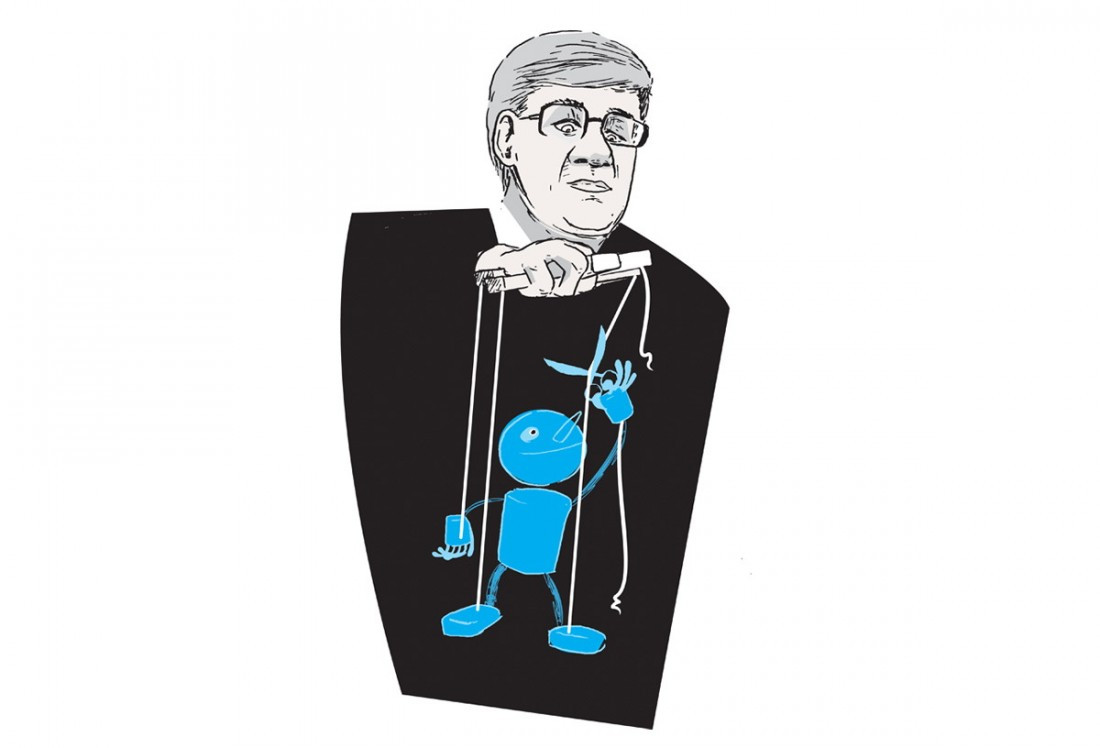Freethinking
Defend liberty for others to preserve it for yourself
Respecting the liberty of others can be difficult. Of course, we know that our choices are rational, but it’s all those other people who can’t be trusted. When people are free, they make a lot of choices we may disagree with. We look at the behaviour of others and often wonder how they could possibly justify their actions. It isn’t long before we may be tempted to move from judging other people’s actions to changing their behaviour.
That’s where government comes in.
The power of the government can seem like a shortcut to getting our way. Competing in the free market of ideas through discussion and debate takes a long time and success is not guaranteed. It’s far quicker to use the government to force people to behave the way we desire.
This attitude transforms government from the protector of individual liberty, to a tool for control.
Of course, for some people it can be satisfying to see laws passed that ban things they disagree with. Their worldview can be seemingly validated when it’s imposed on others. However, when things are turned around and somebody imposes their worldview on them, all of a sudden they loudly demand their own freedom and liberty.
For example, some people oppose abortion. However, many of those individuals are still pro-choice, as they understand that their personal beliefs are just that - personal. Others however - instead of trying to make their case through discussion and debate - would prefer to use the power of government to impose their views on women and take away their freedom. Yet, ironically, many of the people who advocate for denying a woman’s right to choose would protest any denial of their own freedom.
Recently, the debate over the niqab has led to some asserting that the government can tell people what to wear, particularly at citizenship ceremonies. Again, this is a distortion of government’s true role. It’s not the job of a politician to tell you what you can wear. That’s your decision.
Once a government normalizes encroachments on individual liberty, it may not be long before it’s your liberty and freedom that is being restricted.
Thus, if we wish to protect our own liberty, we must be willing to protect liberty for people and actions we may disagree with.
This brings up an important question: How much power should we grant to one group of adults - which is all government really is - over the other adults they are supposed to serve? After all, we are supposed to be electing representatives, not rulers.
In Canada, we have seen the effect of a government imposing beliefs instead of protecting individual liberty. Residential schools were an oppressive system which denied Indigenous people their liberty and caused generational damage that lingers to this day.
A climate of fear and intolerance led to the government stripping away the freedom of Japanese Canadians during WWII - imprisoning innocent citizens in internment camps.
Women, LGBTT* people, Indigenous people and cultural minorities have all faced discrimination and a denial of liberty at various times in Canadian history.
We must not travel down that dark path again.
We need to remember that the government exists to protect your rights, not tell you how to live.
That is why, whenever possible, the government must err on the side of defending individual liberty, rather than restricting it. And that is why we must do our best to overcome fear and defend the individual liberties of others, not just ourselves.
Why does this matter? As author Neil Gaiman says, its “Because if you don't stand up for the stuff you don't like, when they come for the stuff you do like, you've already lost.”
Spencer Fernando is Comments Editor for The Uniter
Published in Volume 69, Number 25 of The Uniter (March 18, 2015)








